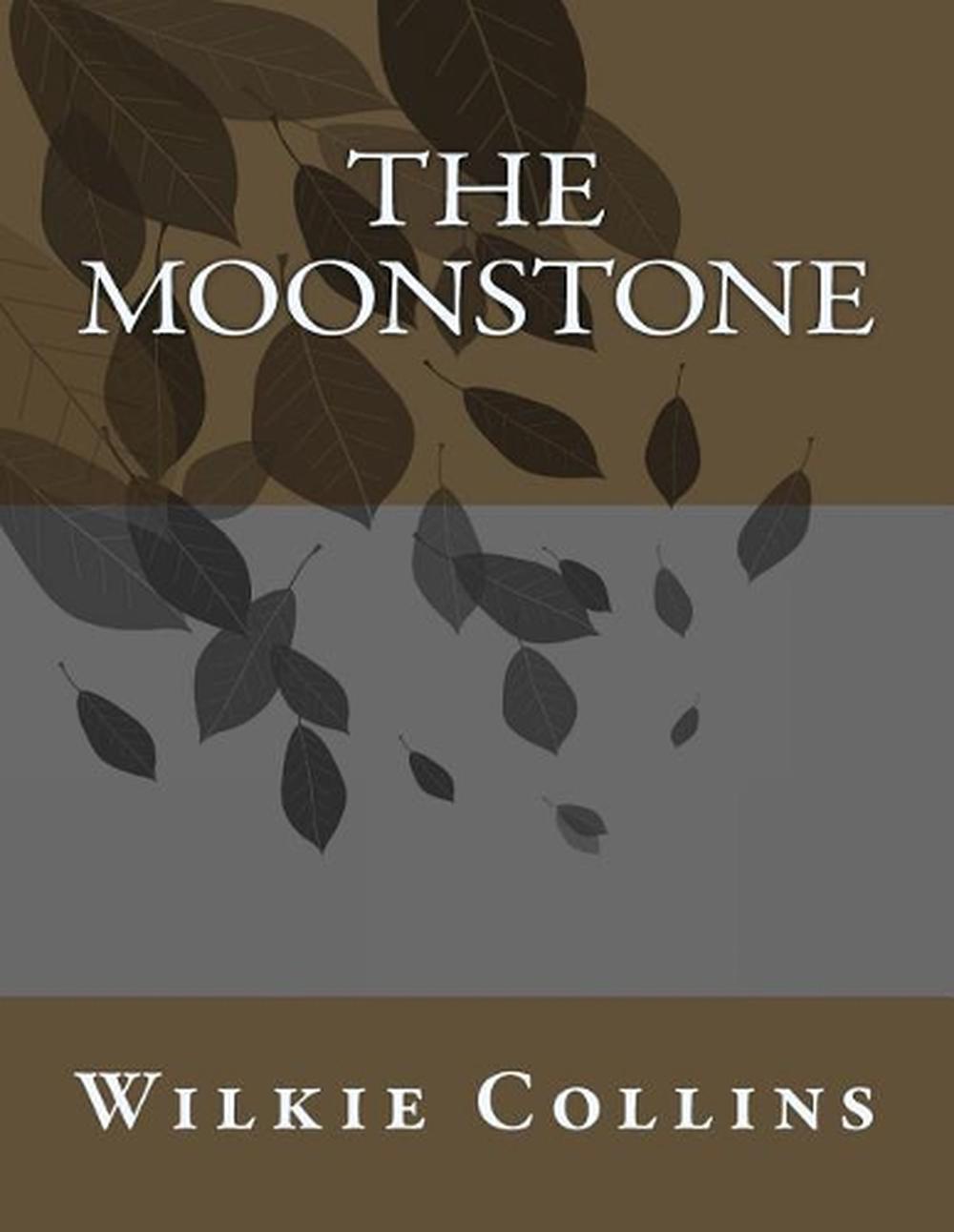

I lit my pipe, and took a turn at Robinson Crusoe" (86). He reports: "In this anxious frame of mind, other men might have ended by working themselves up into a fever I ended in a different way. In the evenings, when the suspense of his own sensationalist plot threatens to agitate physical symptoms (a malady he names "detectivefever"), he turns to this book to recuperate (131). His chosen novel, by contrast, is Robinson Crusoe, a text whose "wholesome application" apparently produces entirely different physiological effects ( The Moonstone 180). Betteredge, of course, exists in a sensation novel, a genre that supposedly produced physical symptoms of agitation and restlessness in its readers. I n wilkie Collins's The Moonstone (1868), Gabriel Betteredge recovers from the stress of the plot by, ironically, reading another kind of novel.


 0 kommentar(er)
0 kommentar(er)
